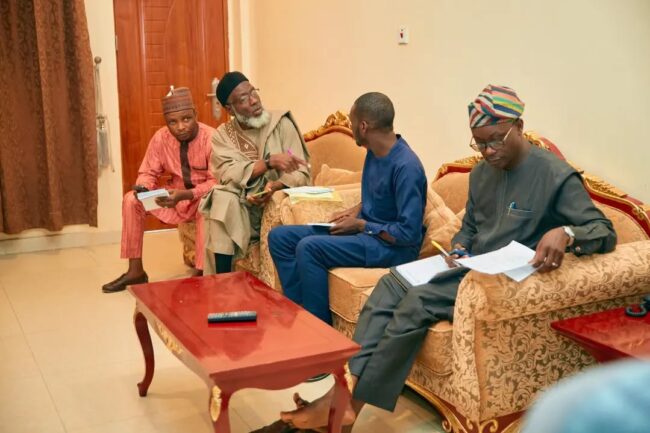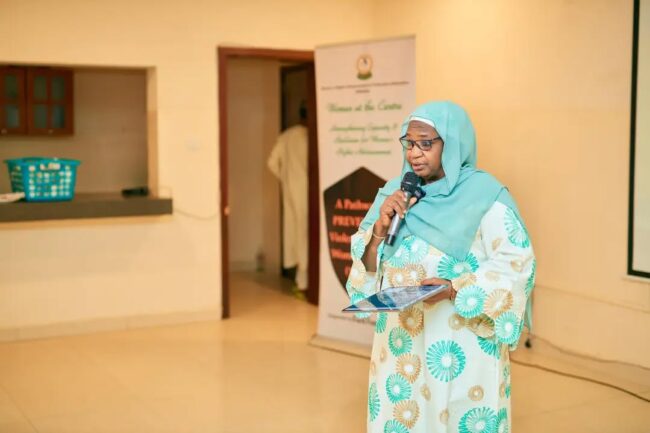The research had revealed critical gaps in the current prevention, protection, and response systems for violence against women and girls (VAWG). The validation meeting provided the platform for a wide spectrum of voices — including policymakers, survivors, grassroots organisations, human rights advocates, and religious and cultural leaders — to scrutinise, validate, and strengthen the study’s findings.
The participants not only affirmed the research’s relevance but also contributed actionable insights that led to the development of a new, more inclusive action plan. This collective effort ensures that the recommendations will drive both national and subnational policies and empower civil society and state actors to create safer environments for women and girls.
The dialogue underscored the importance of collaboration among government institutions, civil society, and community actors. Participants developed a comprehensive action plan designed to strengthen response systems, improve legal frameworks, and prioritize survivor-centered prevention measures. The meeting also reinforced the need to address social and cultural barriers that undermine both the enforcement of existing laws and the creation of new protections.
Key Outcomes:
- Research Findings Validated: More than 86% of baseline research participants confirmed the findings as both reliable and practical.
- Commitment Secured: Participants pledged to adopt and integrate the study’s recommendations into local programming and advocacy efforts.
- Roadmap for Action: A detailed plan was established for addressing identified gaps in protection, prevention, and response.
- Stakeholder Cohesion Strengthened: Partnerships between government agencies, CSOs, and community groups were reinforced to ensure coordinated action.




